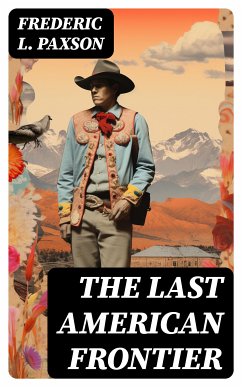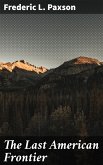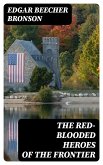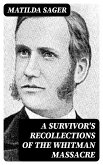In "The Last American Frontier," Frederic L. Paxson delivers a meticulously researched exploration of the closing of the American West during the late 19th century. Combining a narrative style that oscillates between historiography and vivid storytelling, Paxson examines the socio-political forces that influenced the Westward expansion and its ultimate implications for American identity. He intricately weaves together economic, cultural, and environmental factors, illustrating how the frontier served as both a physical and symbolic space for determined settlers and indigenous populations alike. Through a rich tapestry of primary sources, Paxson provides an insightful critique of manifest destiny and its consequences, positioning the frontier as a microcosm of broader American ideals and conflicts. Frederic L. Paxson was an esteemed historian whose academic career was shaped by a profound interest in American history and regional cultures. His extensive studies in Western history culminated in this landmark work, driven by a desire to elucidate the complexities of the American experience during a time of rapid change. Paxson's role as a professor and his commitment to unearthing underrepresented narratives infused his writing with a sense of empathy and insight, reflecting the varied experiences of those who inhabited the ever-shifting frontier. I highly recommend "The Last American Frontier" to scholars, history enthusiasts, and anyone seeking to understand the intricate tapestry of American expansion. Paxson's engaging prose and thorough analysis make it a vital addition to both academic libraries and personal collections, fostering a deeper appreciation for the nuances of America's historical landscape.
Dieser Download kann aus rechtlichen Gründen nur mit Rechnungsadresse in A, B, BG, CY, CZ, D, DK, EW, E, FIN, F, GR, H, IRL, I, LT, L, LR, M, NL, PL, P, R, S, SLO, SK ausgeliefert werden.









